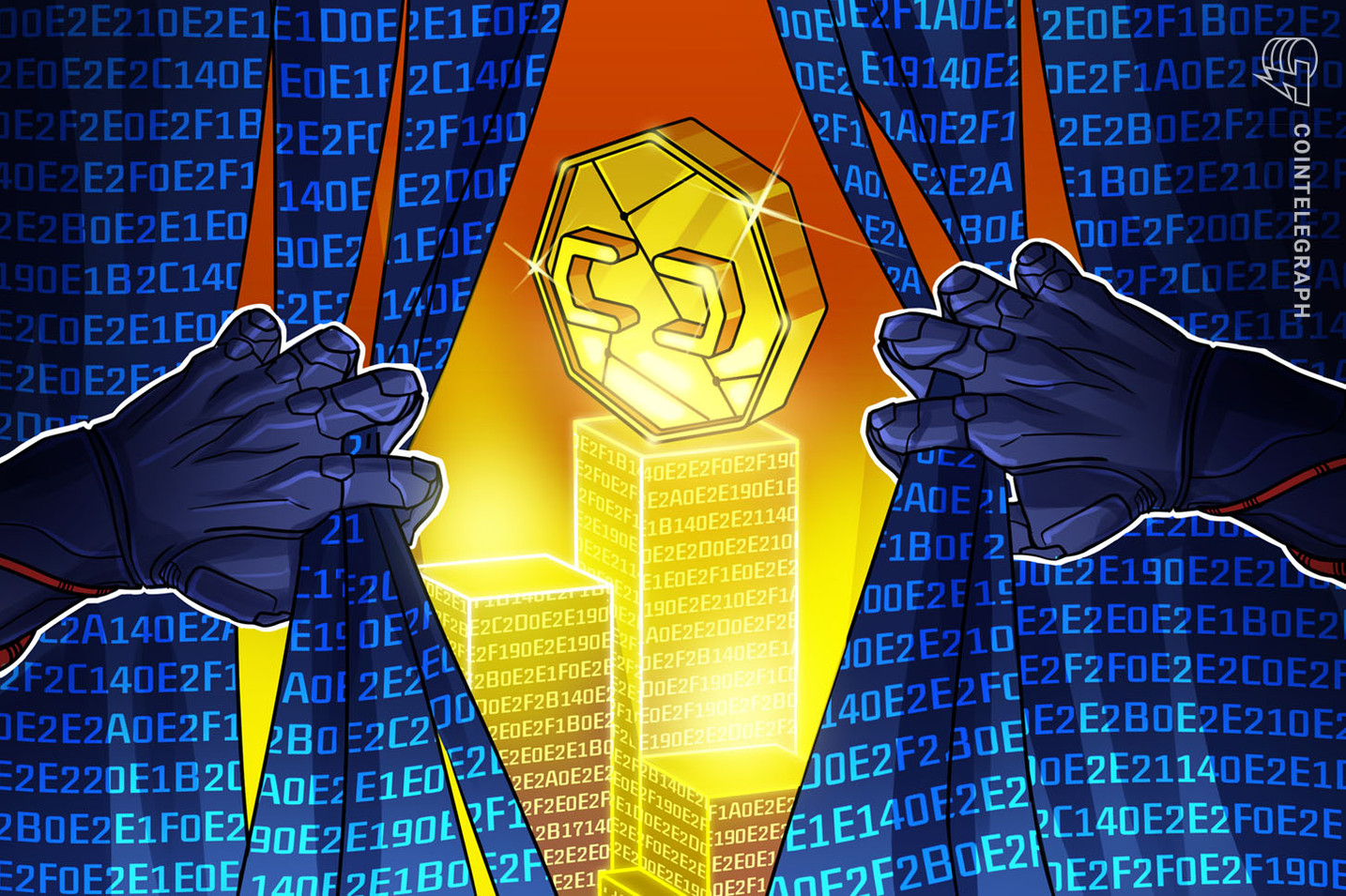CoinTelegraph reported:
Fantom’s co-founder Andre Cronje classified Multichain’s debacle as a “big blow” to the smart contract platform, which saw a sharp decline in activity in the past weeks as a result of Multichain’s problems.
According to data from DefiLlama, Fantom’s total value locked (TVL) dropped from over $364 million in early May to about $70 million on July 14. At its peak in 2022, Fantom’s TVL topped $7.5 billion. The price of its native coin Fantom (FTM) declined from $0.41 to $0.28 over the same period.
“Multichain was a big blow, Cronje wrote in a Fantom’s forum thread, adding that he “had a lot of assurances from the [Multichain] team around the server decentralization, access, and geolocation distribution. Don’t trust, verify (saying this to myself),” Cronje added.

Cronje comments follow Multichain’s announcement on July 14 that it was shutting down operations following the arrest of its CEO in May, the only person in control of Multichain’s servers.
With its leadership arrested and technical challenges mounting, Multichain was exploited on July 6, with over $125 million worth of cryptocurrencies withdrawn from multiple wallets, affecting the Ethereum side of Fantom, Moonriver and Dogechain bridges. These withdrawals represented the majority of funds held on each bridge.
Multichain was storing all shards of its private keys in a “cloud server account” under the sole control of its CEO, Cointelegraph reported. This cloud server account was later used by someone to drain funds from the protocol.
The ripple effect of Multichain’s issues also affected the lending protocol Geist Finance, which was forced to shut down permanently due to losses from the exploit. Prior to the hack, over $29 million worth of crypto assets were locked in contracts running on the Fantom network. As such, Geist closing had a massive impact on Fantom’s TVL.
In response to the exploit, stablecoin issuers Circle and Tether have frozen over $65 million in assets tied to the attack. Fantom is said to be engaging with both companies for native issuance and reviewing rollups for native bridge infrastructure. “We are exploring all options at this point, working with relevant organizations to try and recover assets,” Cronje noted.
Collect this article as an NFT to preserve this moment in history and show your support for independent journalism in the crypto space.
